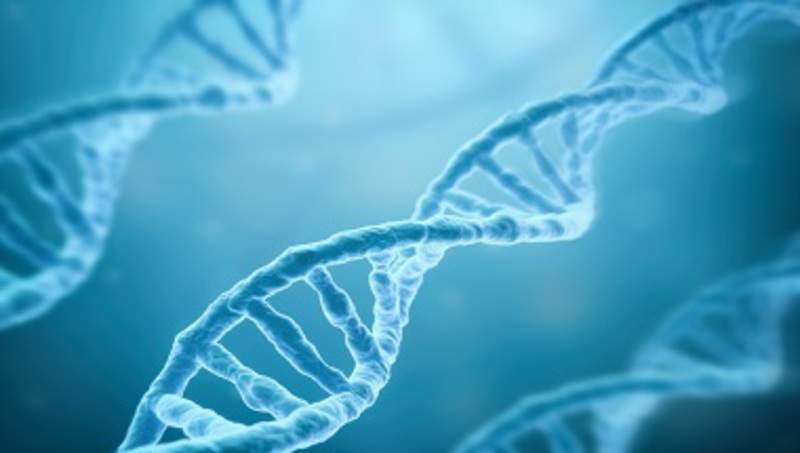
The National Institute for Health and Care Excellence (NICE) in the UK has published a draft guidance not recommending pharmaceutical firm Biomarin’s drug cerliponase alfa (Brineura) for use in children with neuronal ceroid lipofuscinosis type 2 (CLN2).
Also known as Batten Disease, CLN2 is a very rare inherited condition that is reported to affect one to six children in the country who live for an average of only ten years.

Discover B2B Marketing That Performs
Combine business intelligence and editorial excellence to reach engaged professionals across 36 leading media platforms.
This progressive disorder is due to the deficiency of the tripeptidyl peptidase 1 enzyme that leads to abnormal storage and functioning of proteins and lipids in neurons and other cells.
Children affected with the condition start displaying symptoms from around two years of age and quickly progress to seizures, speech decline, loss of mobility, muscle spasms, progressive dementia, visual impairment and blindness.
Estimated to cost more than half a million for one year of treatment, cerliponase alfa is formulated as an enzyme replacement therapy that can be directly administered into the brain through a surgically implanted permanent access device.
While the drug had short-term efficacy for slowing the progression rate of CLN2, it is not a cure for the disease and lacks long-term evidence for its ability to prevent death.

US Tariffs are shifting - will you react or anticipate?
Don’t let policy changes catch you off guard. Stay proactive with real-time data and expert analysis.
By GlobalDataNICE Highly Specialised Technology committee chair Dr Peter Jackson said: “The committee agreed that, although cerliponase alfa is not a cure for CLN2 disease, it is an innovative treatment that is effective in the short-term in slowing the rate at which it progresses.
“However, in the absence of long-term evidence about its effectiveness in stabilising the disease and preventing death, and having taken all the health and non-health-related benefits of cerliponase alfa into account, the committee considered that the drug was not a good use of NHS resources.”
The decision is open for public consultation until 5 March and BioMarin said that it would work with the NHS to draw up a managed access agreement targeting clinical and financial uncertainties of its drug.




